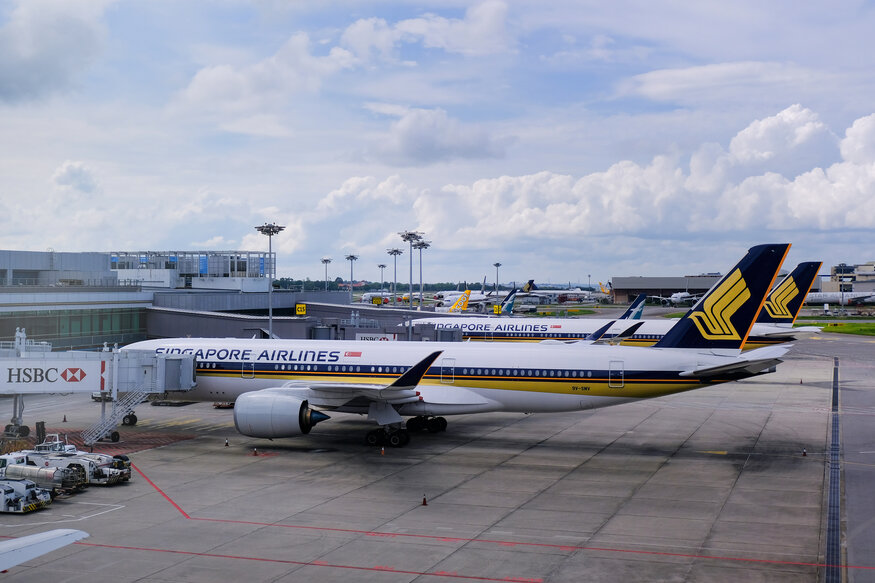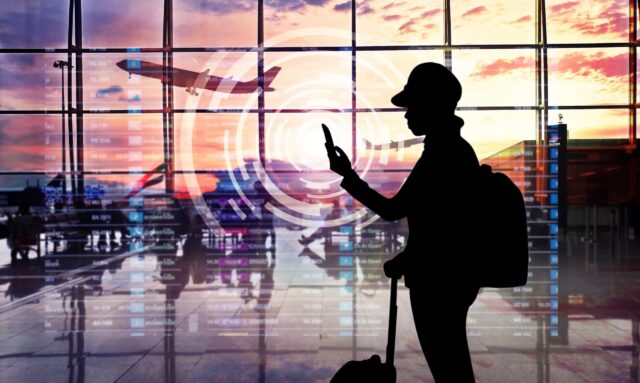Study shows Singapore is ready to adopt SAF with support
A 20-month pilot study into the use of sustainable aviation fuel (SAF) in Singapore has found the country is operationally ready but requires more support.
The pilot…

A 20-month pilot study into the use of sustainable aviation fuel (SAF) in Singapore has found the country is operationally ready but requires more support.
The pilot was conducted by the Civil Aviation Authority of Singapore (CAAS), GenZero and Singapore Airlines.
It began in February 2022 and was completed in partnership with Tamasek. Lessons learned from the study will be incorporated into CAAS’s Singapore Sustainable Air Hub Blueprint.
Three-part pilot
The pilot was split into three parts – operational readiness, the generation of SAF credits, and market readiness.
The pilot validated the end-to-end process needed to bring SAF into Changi Airport and affirmed that SAF can be safely deployed and uplifted onto flights without any modification to existing airport infrastructure.
The study also proved SAF credits were a viable way for corporates and air cargo companies to share the higher costs of SAF while legitimately decarbonising their carbon footprint.
About two-thirds of the 1,000 credits generated were sold during the pilot, validating market demand for credits. However, the study also showed that more is needed for wide-scale SAF adoption, including through education, outreach and corporate and government policy support.
Global sustainable hub
Frederick Teo, CEO of GenZero, said, “SAF is widely acknowledged as a critical lever to decarbonise aviation. Ensuring that SAF can be operationally deployed in Singapore will help position Changi as both a regional and global sustainable aviation hub. The pilot is a demonstration of the community’s ability to mobilise the aviation ecosystem for the operationalisation, deployment and usage of SAF.
“Through this pilot, GenZero also worked with partners like Climate Impact X and the RSB to launch SAF credits. This allowed us to develop the methodology and processes needed to test the extent to which corporates were willing to offset their travel emissions. It provided useful insights on how we can crowd in additional carbon financing to offset the price premium and support the adoption of SAF.”
Image: Kandl Studio – stock.adobe.com
Subscribe to the FINN weekly newsletter
















